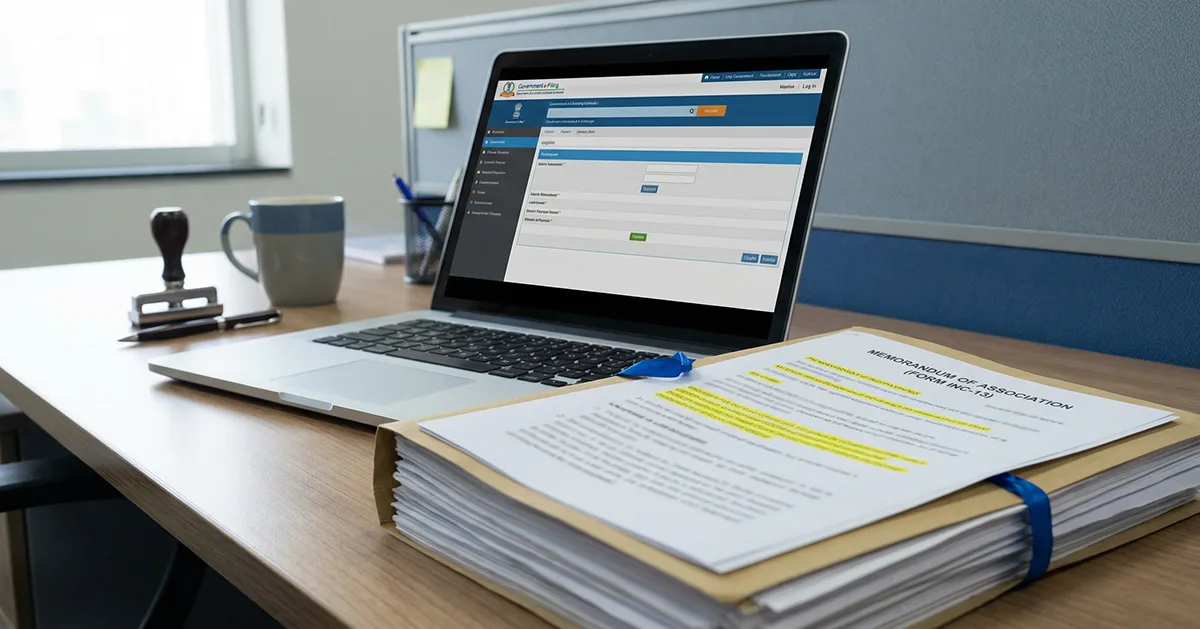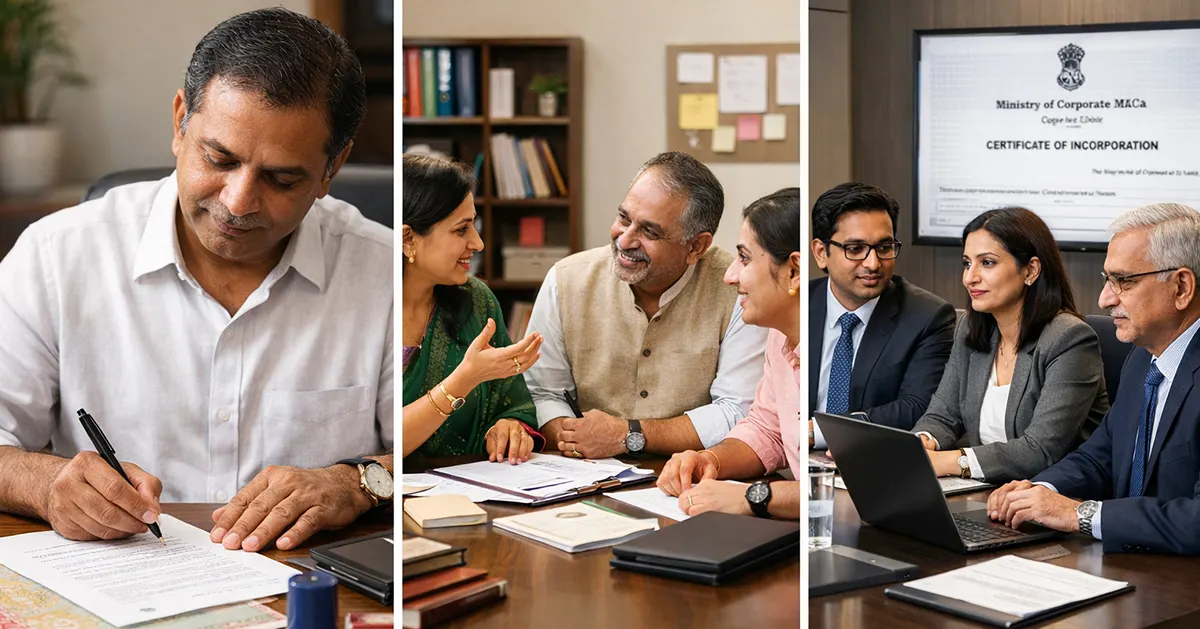A Section 8 Company is a Non-Profit Organization (NPO) registered under the Companies Act, 2013. Its primary objective is to promote charitable activities such as commerce, art, science, sports, education, research, social welfare, religion, charity, or environmental protection.
Unlike typical companies, its profits cannot be distributed as dividends to members and must be reinvested into its objectives. While they can have share capital, it doesn't function in the traditional profit-making sense..
A minimum of two individuals with a non-profit goal can obtain a Section 8 company registration. This creates a trusted legal structure, allowing the organization to manage its funds, sign contracts, and handle all legal matters in its name.
Features of a Section 8 Company
These companies have unique characteristics that separate them from standard for-profit businesses, focusing entirely on their social mission. Here are the features:
- Focus on a Cause: These companies are created solely to promote non-profit goals like education, arts, social welfare, or environmental work.
- Profits are reinvested: Any money earned must be put back into the organization's mission and cannot be paid out as dividends to members.
- Distinct Legal Identity: The company is legally separate from its members, allowing it to own property, sign contracts, and manage legal matters in its name.
- Limited Liability for Members: The personal assets of the members are safe. Their financial responsibility is limited, typically to the amount they promised to contribute (in a company limited by guarantee) or the value of their shares (if any).
- Official Government License: They operate under a license from the Ministry of Corporate Affairs (MCA), which adds to their credibility and requires them to follow specific rules.
- No "Ltd." or "Pvt. Ltd." in Name: Unlike other companies, they are exempt from adding "Limited" or "Private Limited" to their name, highlighting their non-profit nature.
- Eligible for Tax Exemptions: After registration, they can apply for tax benefits under sections 12AB and 80G of the Income Tax Act. (Note: The former Section 12A registration is now governed under the new Section 12AB).
Purpose of Incorporating a Section 8 Company
Founders choose to register a Section 8 Company for several key reasons, such as:
- Build a Formal Organization: This step provides an official legal structure to carry out a non-profit mission, transforming an informal idea into a recognized entity.
- Gain Public Trust: Being regulated by the government makes the organization more transparent and trustworthy in the eyes of donors, partners, and the public.
- Improve Access to Funding: This registration is often required to receive CSR (Corporate Social Responsibility) funds, government grants, and large-scale national or international donations.
- Ensure Long-Term Existence: The company is a perpetual entity, meaning it continues to exist even if its founding members change. This ensures the mission can outlive its founders.
- Legally Manage Funds and Assets: It creates a legal way to open a dedicated bank account, own property, and manage all finances under the organization's name, keeping them separate from personal funds.
Legal Framework and Authorities Governing Section 8 Company Registration
To register your non-profit, you need to understand the laws that govern its formation and operation. These laws ensure your company gains legal standing and can access benefits.
Section 8 Company Registration in India is primarily governed by:
- The Companies Act, 2013: Specifically, Section 8 of the Companies Act provides the legal framework for establishing and regulating non-profit companies.
- Ministry of Corporate Affairs (MCA): This is the central government ministry responsible for administering the Companies Act, 2013. The entire registration process is managed through the Section 8 company registration MCA portal.
- Registrar of Companies (ROC): The ROC in each state is the main authority responsible for the incorporation of a Section 8 company. It grants the license and the Certificate of Incorporation.
- Income Tax Department: For availing tax exemptions on donations (80G) and income (12AB), companies must register with the Income Tax Department after incorporation.











